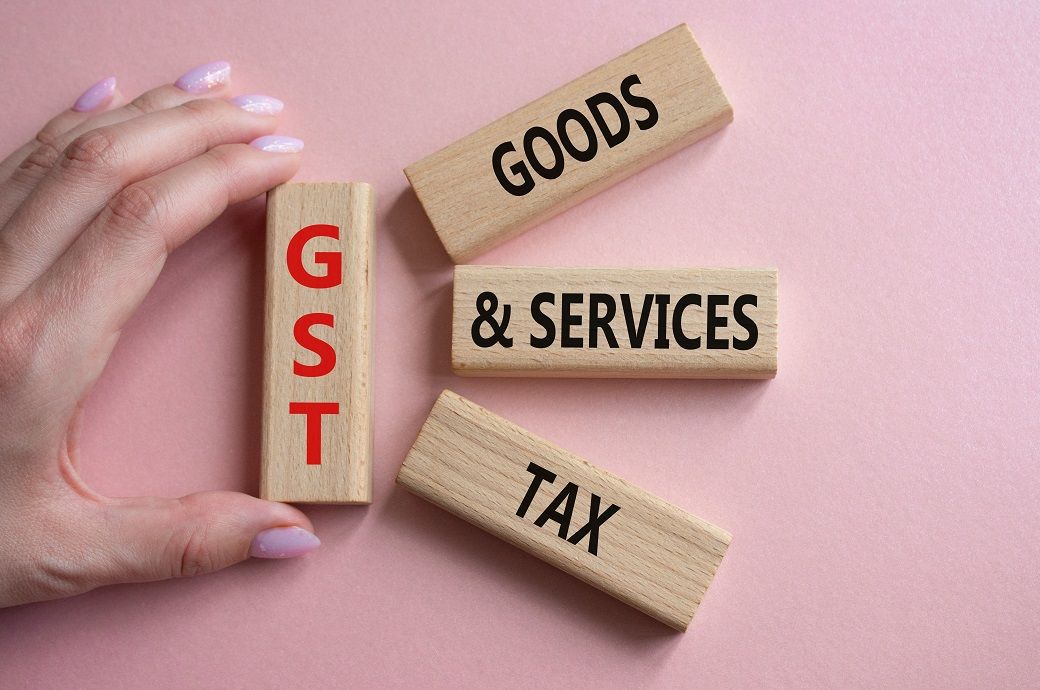
Ahead of the crucial GST Council meeting, the North India Textile Mills Association (NITMA) has demanded a uniform 5 per cent GST on polyester fibre, yarn, fabric, and garments. Following Prime Minister Narendra Modi’s announcement of rationalisation and rate cuts, the Council’s meeting scheduled for September 3–4, 2025, has become especially significant. NITMA raised the demand before Indian Finance Minister Nirmala Sitharaman, who chairs the Council.
Sidharth Khanna, president of NITMA, said in a letter: “Unlike the cotton value chain—which benefits from a uniform 5 per cent GST across all stages—the MMF segment continues to suffer from disparate tax rates that distort input-output parity and undermine domestic manufacturing viability.” He pointed out that polyester staple fibre (virgin and recycled) is taxed at 18 per cent, polyester staple yarn attracts 12 per cent GST, while manmade fabrics and garments priced up to ₹1,000 are taxed at 5 per cent GST.
Khanna added that taxing yarn at 5 per cent while fibre remains at 18 per cent creates a distortion that renders spinning operations financially unsustainable. If left uncorrected, this imbalance could trigger widespread unit shutdowns and large-scale job losses across the country.
“This is a defining moment for India’s textile sector. Correcting the inverted duty structure will not only neutralise the impact of US tariffs but also unlock growth, investment, and resilience across the MMF value chain—turning challenge into opportunity. There should be a rationalised GST rate of 5 per cent across all stages of the polyester value chain,” he emphasised.
ALCHEMPro News Desk (KUL)
Receive daily prices and market insights straight to your inbox. Subscribe to AlchemPro Weekly!